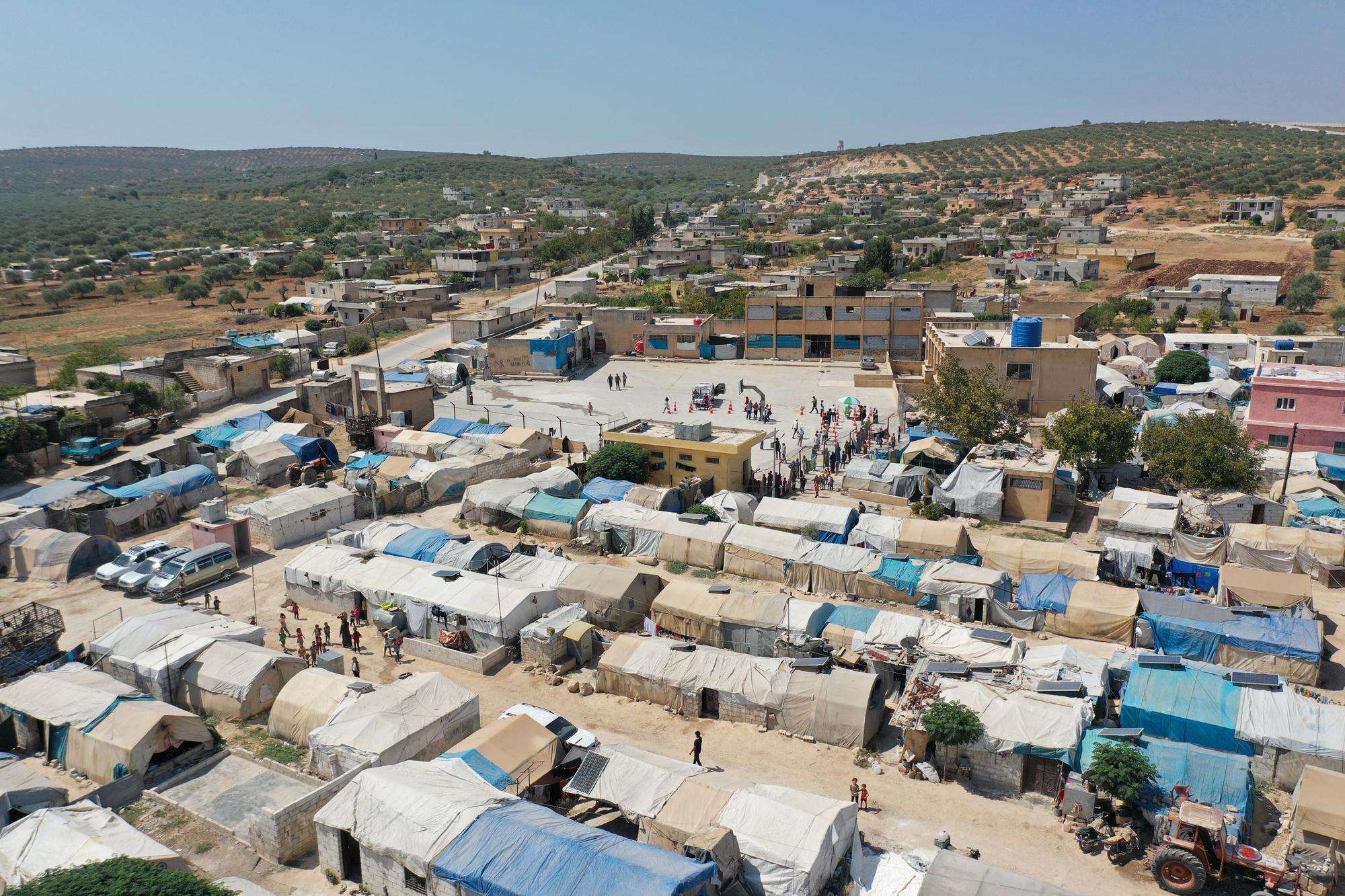This morning, Monday, October 26, an airstrike hit an area in the north of Idlib governorate, northwestern Syria, killing more than 75 people and injuring 135, according to reports by local media outlets. Most of the injured were immediately transferred to two hospitals, including a facility co-managed by the international medical humanitarian organization Doctors Without Borders/Médecins Sans Frontières (MSF); this facility received 11 casualties, including one person who was dead on arrival.
“When the airstrike happened, the team in our co-managed hospital nearby activated the mass casualty plan,” said Cristian Reynders, MSF project coordinator for northwestern Syria. “Soon after, we started receiving critically injured patients in need of surgery. Two patients had badly damaged limbs that had to be amputated, and the others needed treatment.”
The airstrike took place in a densely populated area close to the Syria-Turkey border that is not usually affected by active conflict. Hundreds of thousands of Syrians had fled to the area during the latest military offensive in northwestern Syria, thinking the violence would not reach them there. This is the third time in two weeks that MSF co-managed facilities in Idlib have received casualties following airstrikes. On two of these occasions, staff at the facilities needed to activate their mass casualty plan to treat the number of injured patients coming in.
“Airstrikes in northwestern Syria were still taking place close to the frontlines since the latest ceasefire was signed in March 2020,” said Reynders. “But the fact that they have been increasing in frequency in the past weeks and are now reaching what are considered safe areas of Idlib governorate is worrying.”
Hours after the airstrike, hospitals in Idlib were still receiving casualties. MSF donated a surgical kit containing the supplies for 50 surgeries to another health facility that had taken in 90 injured people.
“Hospitals in this specific area of Idlib governorate are not used to receiving people wounded by airstrikes,” said Reynders. “They are in a zone that is considered relatively safe by the people living there. The fact that airstrikes are happening there is deeply concerning.”
This recent escalation of violence—in a region of Syria hosting over one million internally displaced people—is severely impacting the health system that is already weakened by years of war and now the COVID-19 pandemic. “There’s a real sense of emergency here, whether you look at the humanitarian setting, the public health emergency related to COVID-19, or the overall conflict,” said Reynders. “The addition of all these elements further complicates what was an already challenging situation in Idlib.”
MSF has teams of Syrian staff working in pockets of Idlib province providing care and relief items to displaced people through mobile clinics. MSF also runs a burn care unit in Atmeh and provides remote support to several health facilities, including through the co-management of three hospitals in Idlib province.




